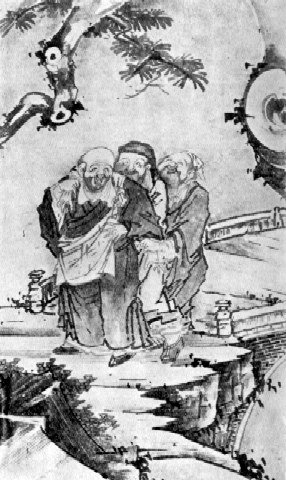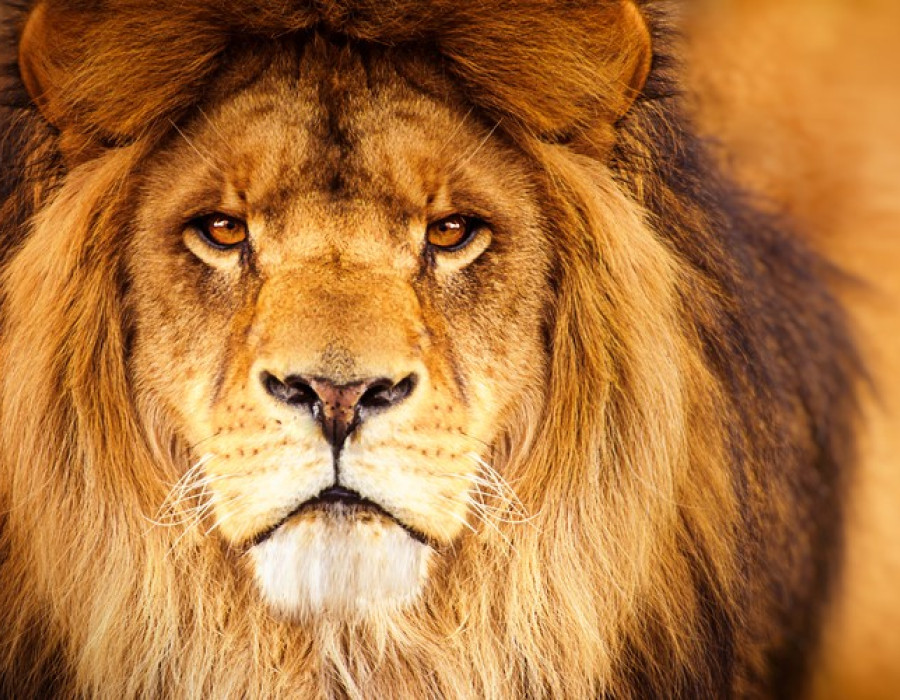Jenny Hall
Verses from the Dhammapada 247
Although renunciation is an essential element of the Buddhist path, it is not the object of ‘my’ desire that is the problem but ‘my' desire to escape whatever is being experienced in this present moment.
 ©
© from https://www.enlightened-spirituality.org/Zen_Humor.html
Who stupefies himself with drink, he destroys his own roots, even in this life.
This verse points to the precept ‘Refrain from intoxication’. Since the recent lockdowns, drink related health problems have risen.
Who stupefies himself with drink…
There was once a farmer called Rip van Winkle. He disliked any form of work. The result was that his fences collapsed. The cow went astray. Weeds grew abundantly in his fields. His children were unkempt and ran wild. His wife constantly bewailed the ruin he brought to both family and farm. To escape such an unhappy household, Rip van Winkle went most of the time with the locals, gossiping and telling endless stories. One day he decided to take a stroll through the woods. He wandered further and further until it was almost nightfall. Suddenly he heard a voice calling his name. He looked around and spotted a little man struggling to carry a large barrel of alcohol on his back. He signaled to Rip van Winkle to assist him with his burden. Eventually they came to a clearing filled with more little men. The alcohol was poured into large flagons. They all drank deeply over and over again. Soon Rip van Winkle was unable to stand up. He fell into a deep slumber. On waking he found himself back in the forest. Tangled branches and overgrown paths hindered his way home. On arriving he recognised no one. His house had fallen down. After many enquiries, he discovered he had slept for twenty years.
… he destroys his own roots even in this life.
Like Rip van Winkle we attempt to escape the problems of life through many avenues. It has become popular to endlessly share these problems on line. This may also become addictive. We may also attempt to drown our worries not only through alcohol but such activities as over eating, gambling, playing video games, taking drugs, watching endless soaps or gossiping. It is common to observe some of us walking down the street, so engrossed with our mobile phones that we are oblivious of our surroundings. Like Rip van Winkle neglecting all responsibilities most of our waking hours may be spent playing video games. In the same way Rip van Winkle lost twenty years of his life. In the same way addictions isolate us from reality. Research reveals that they dull feelings of anger and discontent. Not only do they mask such feelings but also deepen them.
Every time we grab ‘just one more’ cream doughnut, the Buddhist teachings explains that a ‘seed’ is produced in the ‘store house’ (alaya), consciousness. The more cream doughnuts that are given into, the more the seeds are nourished. In other words, the more addicted we become. When we meet the anxiety and desire which fire our addictions, the fewer seeds we make, thus reducing the habit.
The Buddha taught that the way out of all our suffering is to meet it, not to escape it. The Zen training encourages us to reconnect with the emotional energy which drives our thoughts and actions. We are encouraged to wholeheartedly give ourselves into the waves of anxiety and desire as they flare up. We are encouraged to reverently ask: “Precious energy, please burn ME away.”
We suffer the emotional charge. The ‘choiceless awareness’ - the Buddha nature - opens free from ‘me’. Choiceless awareness can hold to the precept ‘Refrain from intoxication’ quite happily. The following story points to this.
There were once two well- known teachers. One was called Unsho. He was very strict about keeping all the precepts. A drop of alcohol never passed his lips. He never ate until 11 o’clock in the morning. The other teacher was called Tanzen. When he was hungry, he ate. When he was tired, he slept. One day Unsho visited Tanzan. Tanzan was enjoying a glass of wine. He greeted Unsho warmly. He asked him if he would like to join him in a drink. Unsho was deeply shocked. He exclaimed, self-righteously, ‘I never drink!’ Tanzan replied that someone who doesn’t drink isn’t human. Unsho in extreme anger retorted “Are you saying I’m inhuman because I don’t drink alcohol? What am I then if I’m no human?’ Tanzan answered ‘You are a Buddha.’
Tanzan was pointing at Unsho’s attachment to the idea of strictly keeping the precepts. All attachments are a barrier to the realisation of the Buddha nature, choiceless awareness. This openheart accepts ‘what is’ and acts appropriately for the benefit of all in all circumstances. As Tanzen demonstrated, it eats when hungry and sleeps when tired. When offered a drink it warmly accepts. When I am out of the way, the seed of addiction withers. Bunyan wrote:
“When alive be a dead man, thoroughly dead, and act as you will and all will be good.”




































































